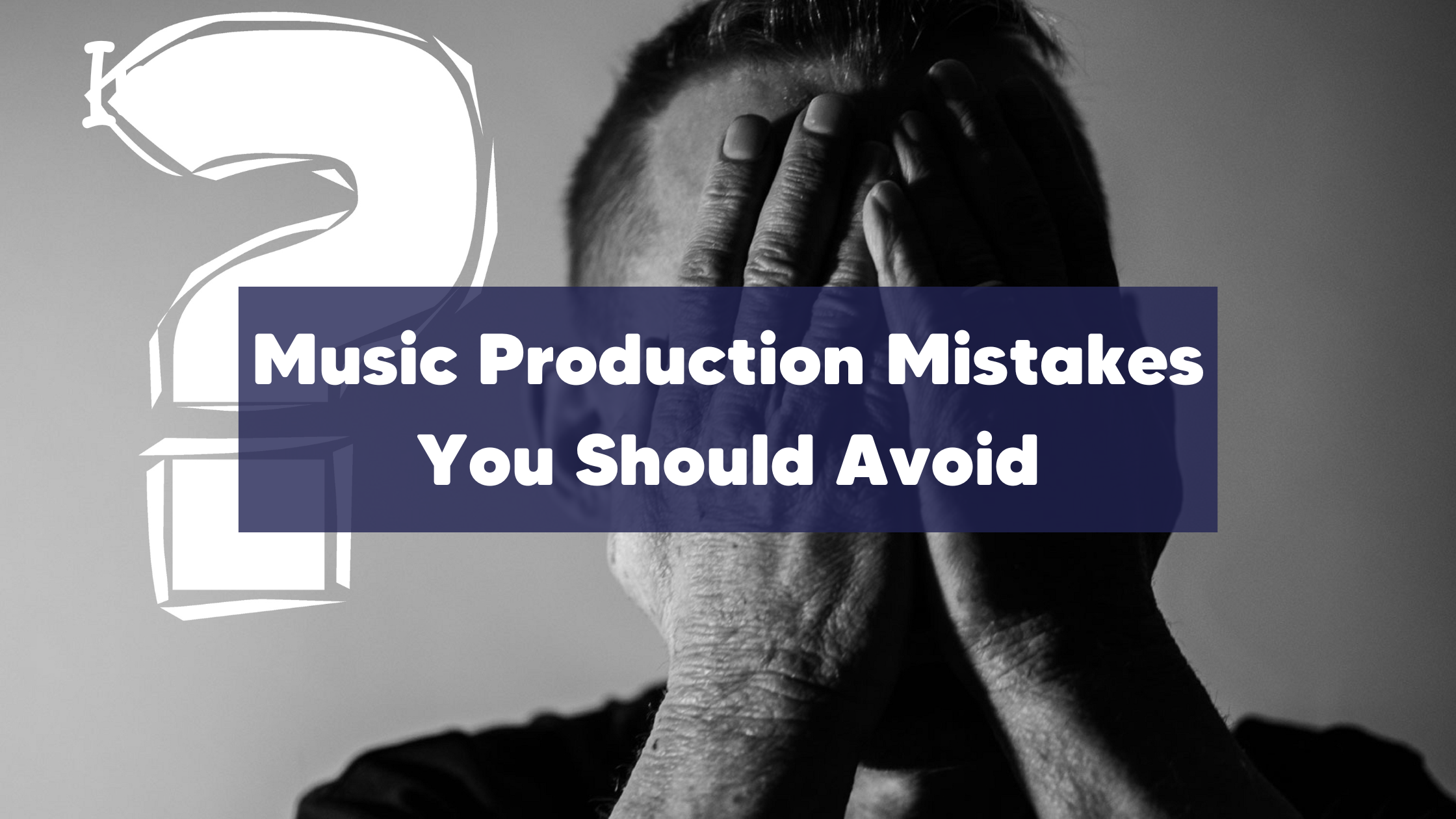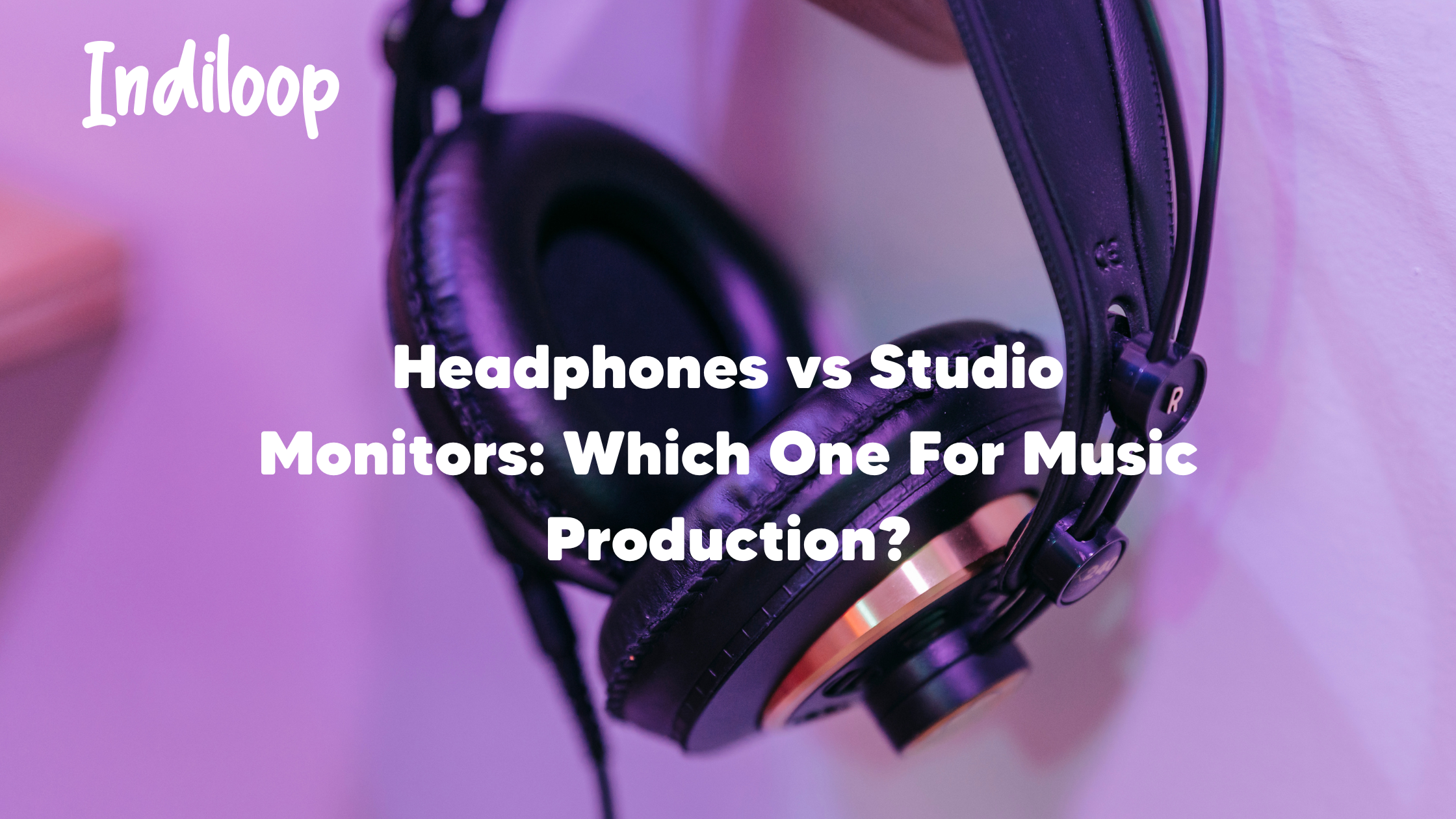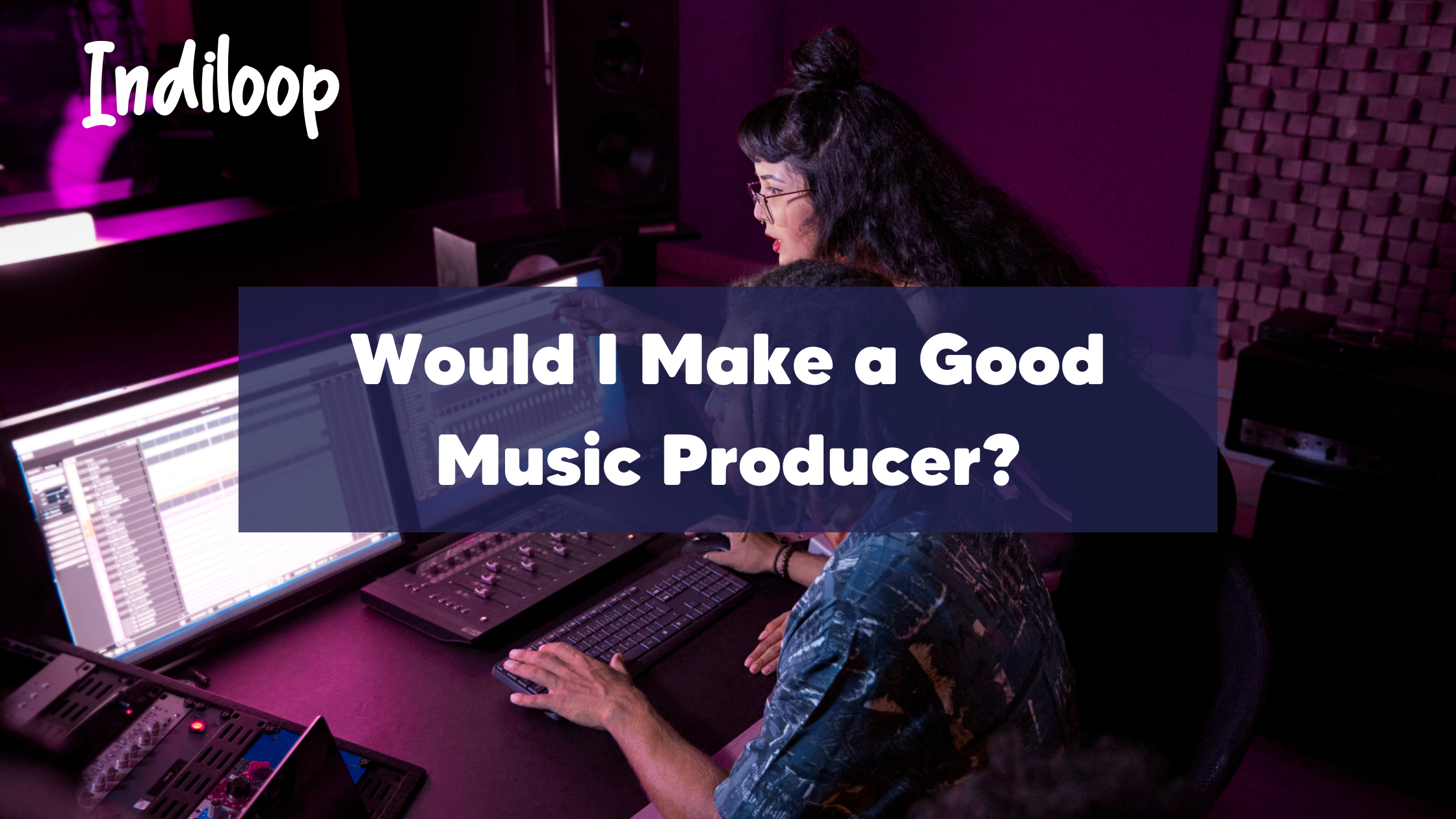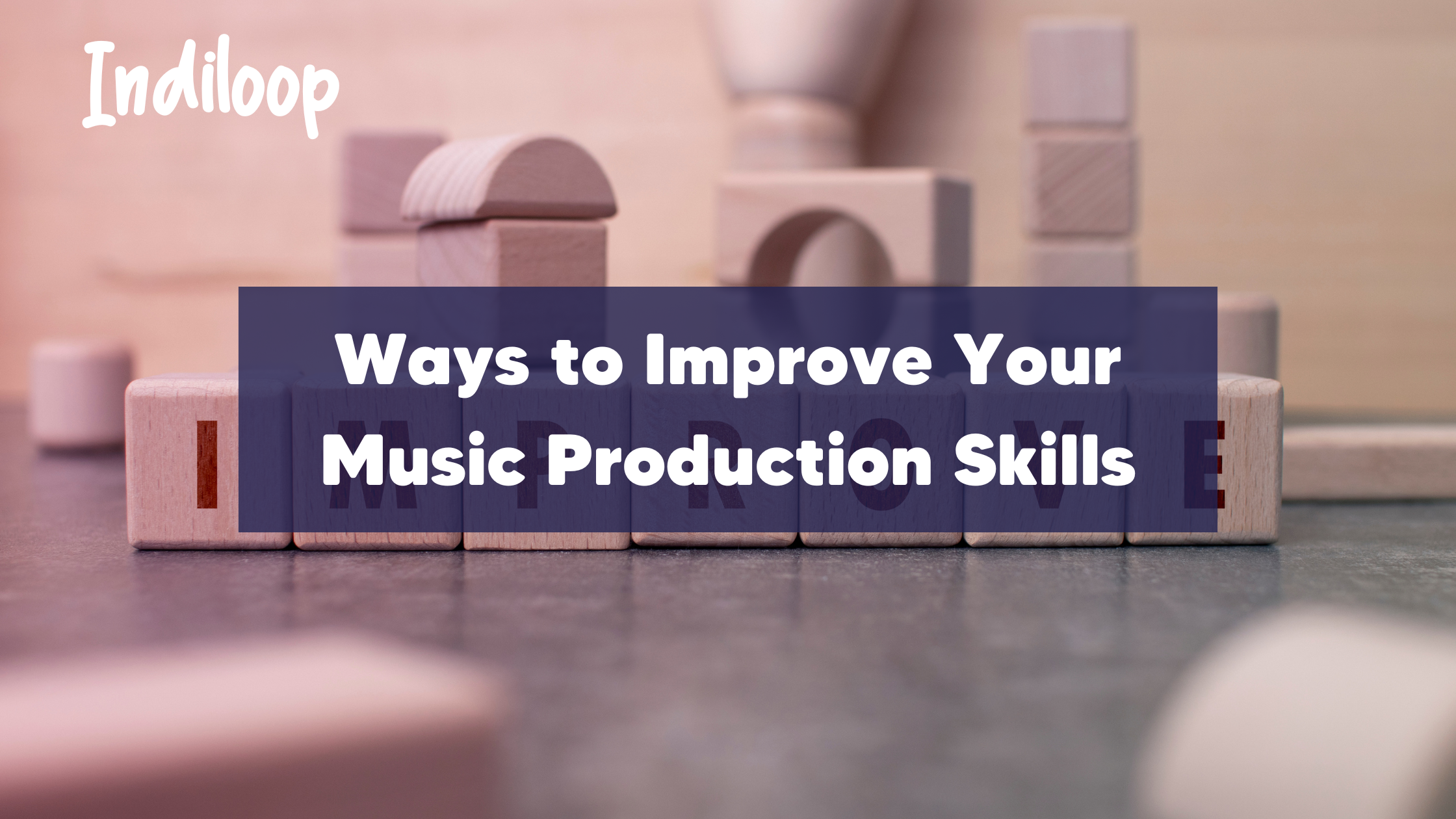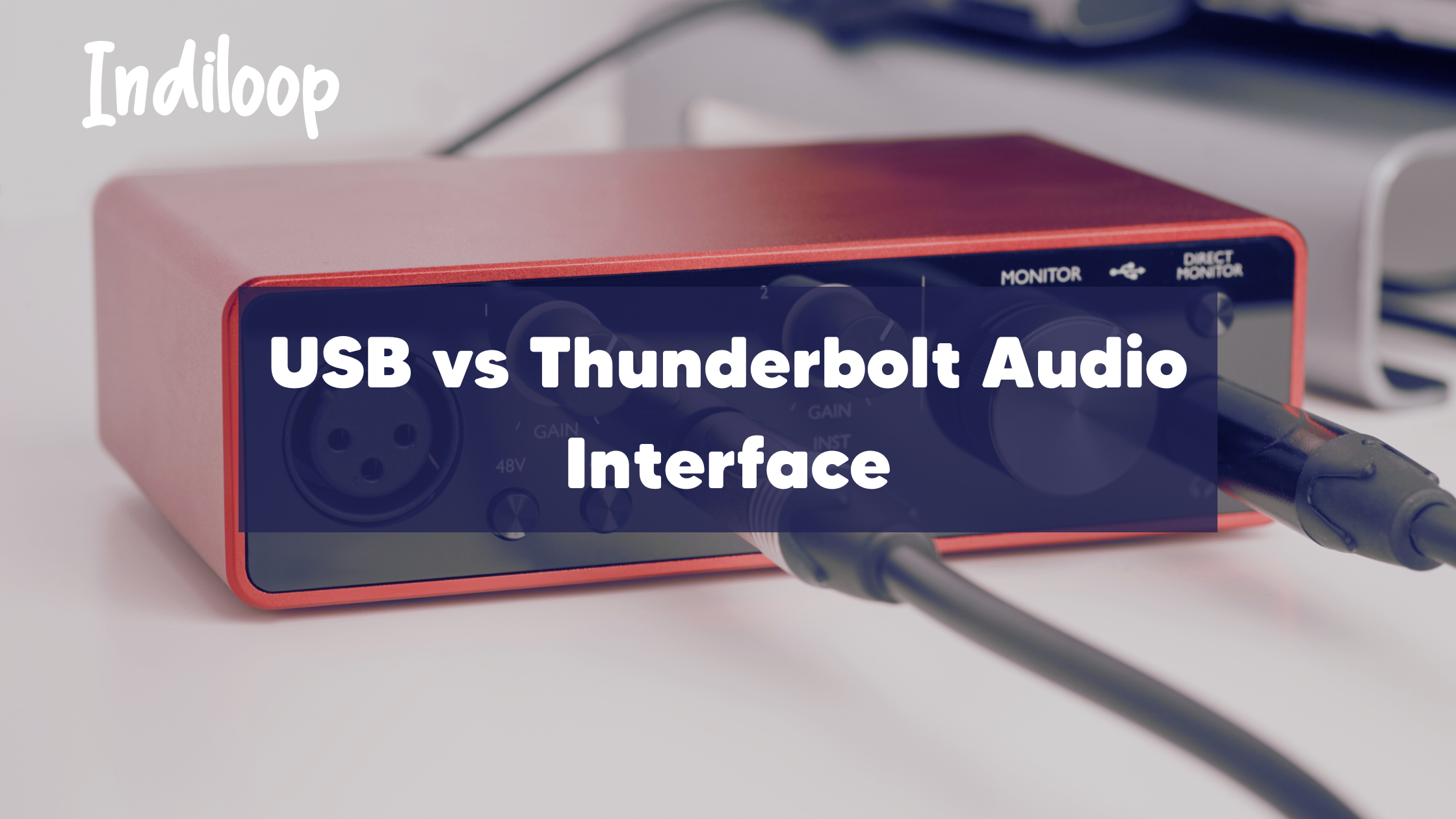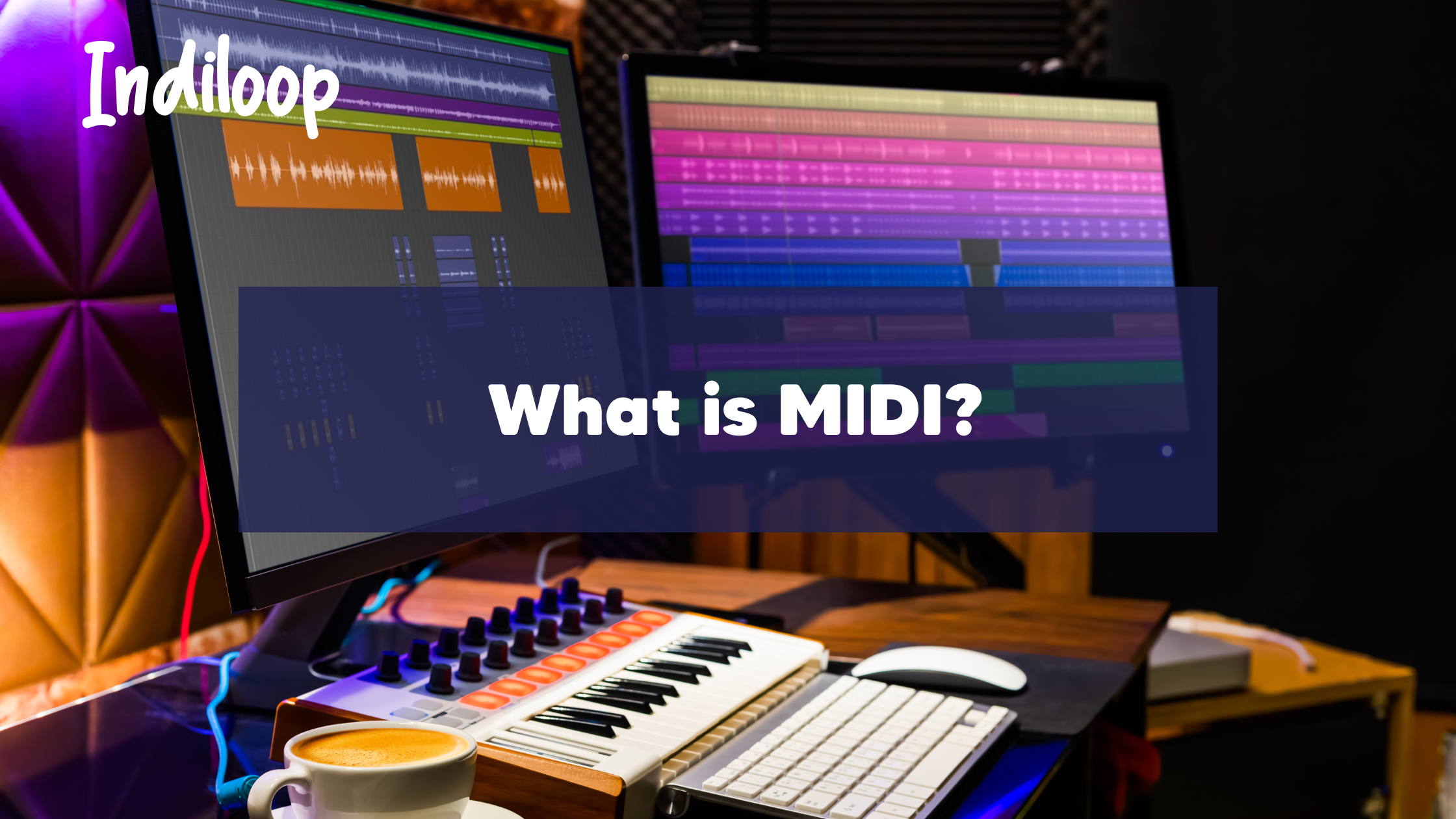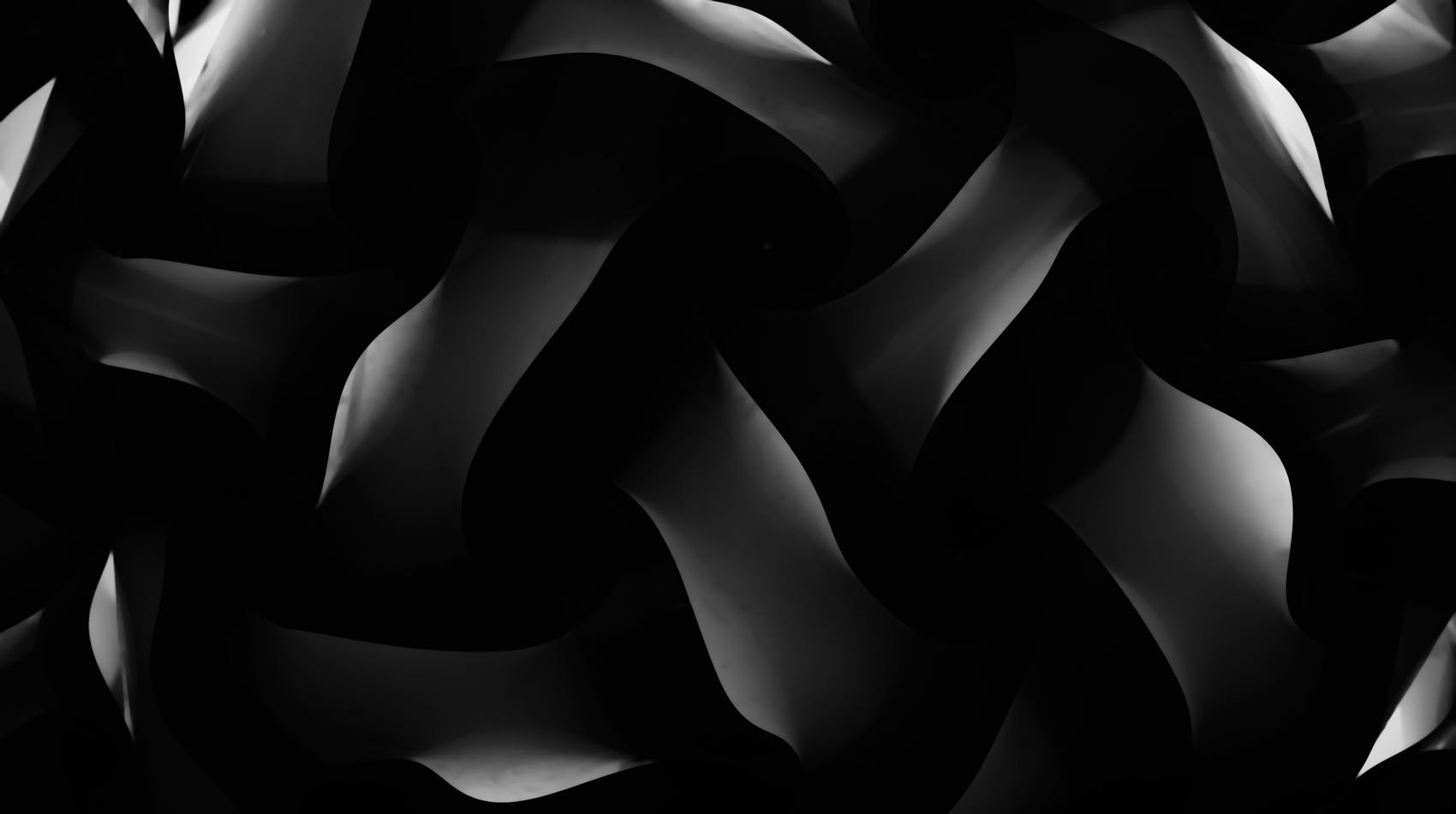
Music Production for Beginners
Learn the basics of music production with our guides, reviews, and videos.
Music Production: Overview, Benefits, Challenges, and How to Get Started
Music production is the process of creating, recording, and refining music, taking a song from a raw idea to a polished track ready for distribution.
A music producer is responsible for overseeing the entire music production process of a song or album, from composing and arranging to mixing and mastering. They work closely with artists, songwriters, and engineers, using their expertise in music-making to help shape the final product.
Aspiring music producers need to understand the various stages of music production, including:
- Composing: Produce original ideas, melodies, and chord progressions using a digital audio workstation (DAW) or traditional instruments.
- Arranging: Organize and arrange the different musical elements of a song, such as the structure and instrumentation.
- Recording: Capture the performances of vocalists and instrumentalists, using microphones and other recording equipment.
- Editing: Trim and adjust the recorded material, making sure that each part fits optimally within the mix.
- Mixing: Blend together the different audio tracks, adjusting volume levels, EQ, and overall balance to create a cohesive sound.
- Mastering: Refine the final mix by applying compression, EQ, and other polishing techniques, resulting in a polished and professional product ready for distribution.
As a beginner in music production, you will be learning and developing each of these skills as you produce music. It’s important to remember that becoming a successful music producer takes time and practice, but with dedication and a passion for music-making, you can achieve your goals and create incredible music.
To get started in music production, follow these 9 steps:
- Define your goals and genre. Decide what kind of music you want to produce. Whether it’s electronic, hip-hop, rock, or any other genre, having a clear vision will guide your learning and equipment choices.
- Start with the basics. Learn about the fundamentals of music theory, such as scales, chords, and rhythm. While not strictly necessary, understanding these basics can enhance your production skills.
- Gather essential equipment. Obtain the proper equipment for music making, such as a digital audio workstation, headphones, and a computer.
- Learn your DAW. Spend time getting to know the ins and outs of your chosen DAW. Watch tutorials, read the manual, and experiment with its features. Learn how to record, edit, and arrange tracks, apply effects, and mix.
- Start creating. Begin by recreating some of your favorite songs to understand song structure and arrangement. Experiment with different sounds, instruments, and effects. Try creating simple beats, melodies, and chord progressions.
- Seek feedback. Share your tracks with friends, family, or online communities to get feedback. Constructive criticism can help you improve.
- Continue learning – Music production is a vast field with always something new to learn. Regularly watch tutorials, attend workshops, and read articles to expand your knowledge.
- Collaborate. Working with other musicians and producers can introduce you to new techniques and ideas. Consider collaborating on tracks or joining a music production group.
- Stay consistent. Like any skill, consistency is key. Dedicate regular time to producing music, even if it’s just a few hours a week.
Music production offers benefits such as creative expression, skill development, and potential monetary gains, with the flexibility of modern tools allowing producers to work from almost anywhere. However, it comes with challenges such as a steep learning curve, market saturation, technical issues, and the complexities of balancing art with the business side of the music industry.
